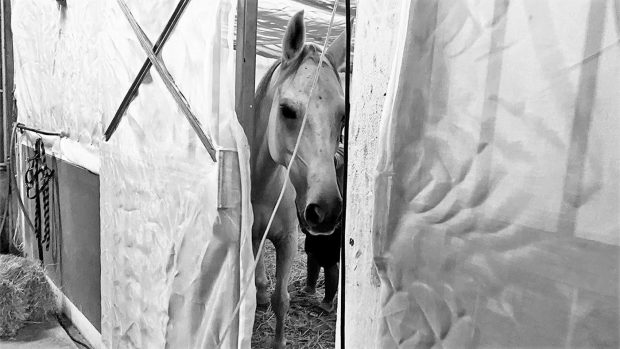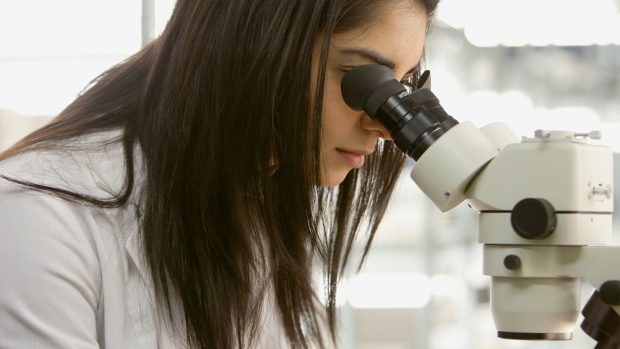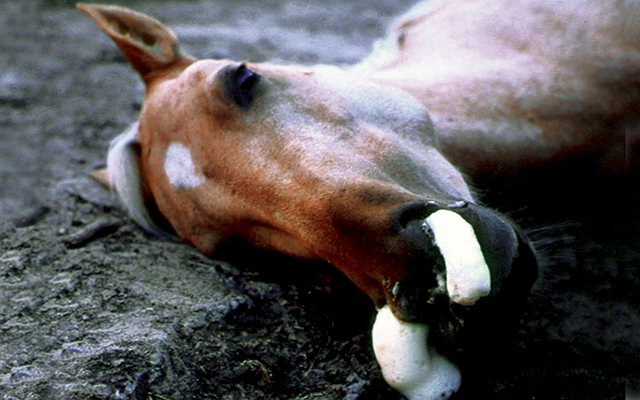A freely available, affordable vaccine against African Horse Sickness (AHS) could soon be available to protect the UK’s horse population, thanks to an injection of government funding.
AHS is the most devastating equine disease in the world. It is caused by a virus transmitted by insects — known as “vectors” — and kills around 90% of the horses it infects.
AHS has not yet reached the UK, but the arrival of Bluetongue in 2007, which targets ruminants and is transmitted by the same vector, put the equestrian industry on red alert.
There is a vaccine available at present, but it contains a “live” version of the disease and is deemed risky for horses in the UK that have never been exposed to AHS.
“UK experts have advised it should only be used if absolutely necessary and almost certainly only in larger outbreaks,” said a Defra spokesman.
Defra has agreed to plunge £190,000 per year into a three-year project to develop a safe and effective vaccine, which will also be supported by a “large, multinational vaccine manufacturer”.
The Institute for Animal Health in Pirbright, Surrey, is poised to start work on a “next generation” vaccine, led by Professor Peter Mertens, head of the vector-borne diseases programme.
He explained that from this vaccine, “there is no hindrance to diagnosis nor negative affect”.
He could not give a completion date, but added that preliminary work undertaken already has proved “very encouraging”.
Nine different vaccines will be made for the nine AHS variants, and the vaccine manufacturer will produce them for the mass market. It may be possible eventually to produce one vaccine for all nine.
Paul Jepson, of the Horse Trust, leads the joint industry/government AHS working group.
“This takes us a giant step forward to where we want to be,” he told H&H. “Ultimately, the aim is to have such a reliable vaccine that we can almost stop worrying about AHS — which is a real threat and could be absolutely devastating.”
This article was first published in Horse & Hound (17 June, ’10)




